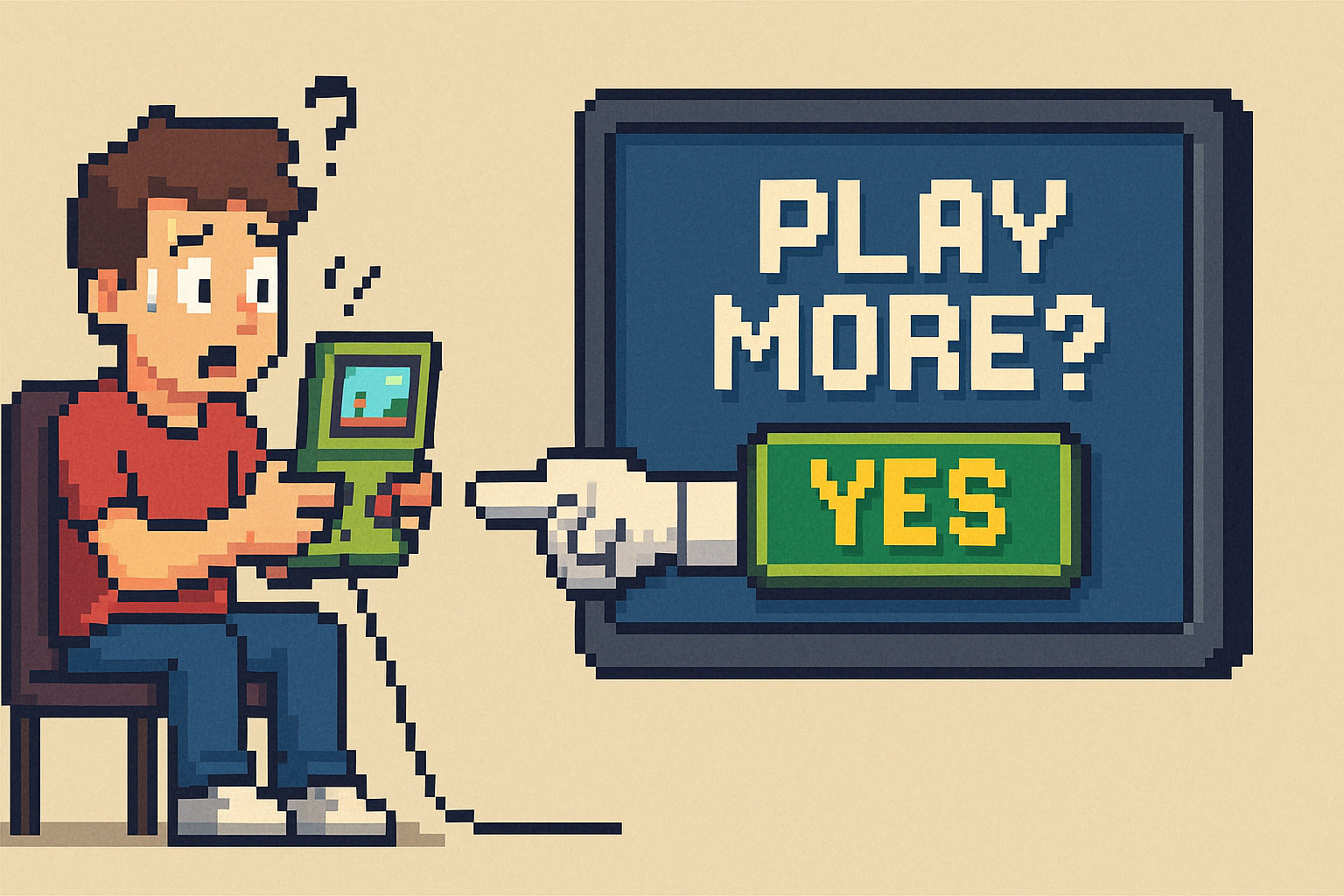Is Your Favorite Game Playing Mind Games With You?

Ever feel personally victimized by your favorite game? Like it somehow knows exactly when you’re about to quit—and then drops a shiny loot box or an irresistible power-up right in front of you? Newsflash: you're not paranoid—games are sneaky psychological tricksters, and they're really, really good at their job.
The Slot Machine Effect: One More Spin, Please!
Games have borrowed their best tricks from casinos. That dopamine-spiking, heart-racing sensation you get when opening loot boxes or random item drops? Pure Vegas. It's the equivalent of pulling a slot machine lever—minus the grannies chain-smoking next to you. No wonder "just one more spin" becomes an all-night gaming marathon.
Achievements: Digital Pats on the Head
Achievements are like digital stickers for adults. "Congratulations, you walked three feet! Here's a badge." Sounds silly, but your brain loves validation—even the tiny digital kind. Game designers know this. They sprinkle achievements generously, hooking you into chasing the next little reward like a kid in a candy store.
FOMO: Fear of Missing Out... on Pixels
Limited-time events, special skins, seasonal goodies—games love to make you panic about missing out. They’ll whisper sweet promises of exclusivity and rare treasures if you log in just once more. It’s a psychological ambush, and we're all victims. Admit it: you've set alarms at 2 AM just to snag that rare virtual hat. (Yes, I'm judging you—but gently.)
The Illusion of Progress: You’re Going Nowhere Fast
Ever grind for hours, level after level, only to realize you’ve accomplished absolutely nothing in real life? Games cleverly mask pointless repetition as progress, so you feel productive—even as the real-world laundry pile mocks you from afar. Sneaky devils, aren't they?
Social Pressure: Everyone’s Doing It, Why Aren’t You?
Multiplayer games dial the pressure up to eleven by convincing you that your friends are ahead. How dare they level faster? Better jump back in and show them who's boss! Before you know it, your competitive streak has cost you dinner plans, sleep, and maybe even your dignity.
Nostalgia: Remember When Games Were Simple?
Nostalgia is another powerful trick games employ. Designers sprinkle references and remastered classics to tug at your heartstrings. "Hey, remember those carefree days when you just jumped on turtles and collected coins?" Suddenly, you're emotionally invested, stuck chasing the ghost of your childhood in digital form. It’s brilliant, manipulative, and devilishly effective.
Loss Aversion: Holding On to Pixels for Dear Life
Another dirty trick is loss aversion—the psychological tendency to avoid losing things, even digital ones. Games capitalize on this by making you protect your virtual belongings at all costs. "Lose this battle and say goodbye to that shiny armor!" Panic ensues, and before you know it, you've spent the entire weekend defending imaginary territory from invisible threats.
Beat the Game at Its Own Game
Here's the good news: recognizing these tricks is half the battle. Now, you can outsmart them. Set gaming boundaries, pick shorter play sessions, and enjoy simpler games designed to relax rather than ensnare. Remember, a game should feel like a friendly competition—not a hostage situation.
Next time your favorite game winks at you with another sneaky trick, smile back knowingly—and hit "log off." Trust me, you'll thank yourself later.